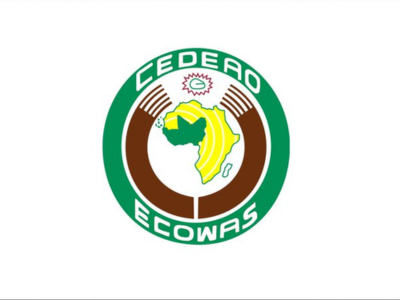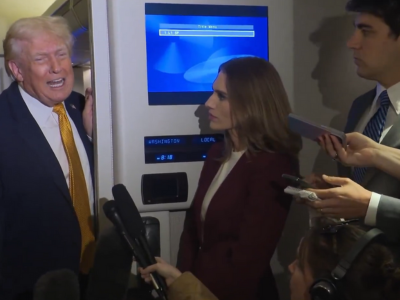U.S. Sees Sharp Decline in African Student Arrivals Amid Visa Delays and Border Restrictions
- by Editor
- Oct 06, 2025

Credit:
A sharp 19 percent plunge in international student arrivals to the United States in August— the steepest drop outside the pandemic era— has dealt a blow to thousands of African youth eyeing American degrees, with arrivals from the continent tumbling 32 percent as visa delays and Trump's immigration crackdown reshape global mobility.
Data from the U.S. Department of Commerce's I-94 program shows 73,802 fewer students overall crossed U.S. borders that month, with Africa's share—primarily from Nigeria, Ghana, and Kenya—seeing the second-worst decline after Asia's 24 percent slide.
Nigerian arrivals reduced by 48 percent, Ghana's 51 percent, and Kenya's 17 percent, per the figures. For African families investing savings in SAT prep and applications, the shutdown signals dashed dreams and redirected ambitions toward Europe or southern Africa.
The exodus stems from prolonged visa processing—peaking in May's three-week halt—and bans or restrictions on 19 countries, including key African nations like Ghana and Ethiopia.
Trump's administration has ramped up social media vetting and revoked over 1,500 visas abruptly, fostering uncertainty. "International students have lost confidence in America's commitment," said Fanta Aw, CEO of NAFSA, a global education association, noting a projected $7 billion U.S. economic hit from fewer enrollments.
For Africa, the ripple effects are double-edged: reduced brain drain could bolster homegrown talent, but it strains universities already facing funding shortfalls.
Nigerian institutions like the University of Lagos report 15 percent enrollment dips from returnees, while remittances from U.S.-educated professionals—$4 billion annually—face long-term erosion. "Our youth deserve opportunities abroad, but this chaos forces tough choices," said Nigerian Education Minister Tunji Alausa.
As U.S. colleges—especially STEM graduate programs reliant on 80 percent international cohorts—brace for fallout, African policymakers eye alternatives like intra-continental scholarships. The trend underscores a shifting diaspora, where policy whims abroad reshape futures back home.













0 Comment(s)